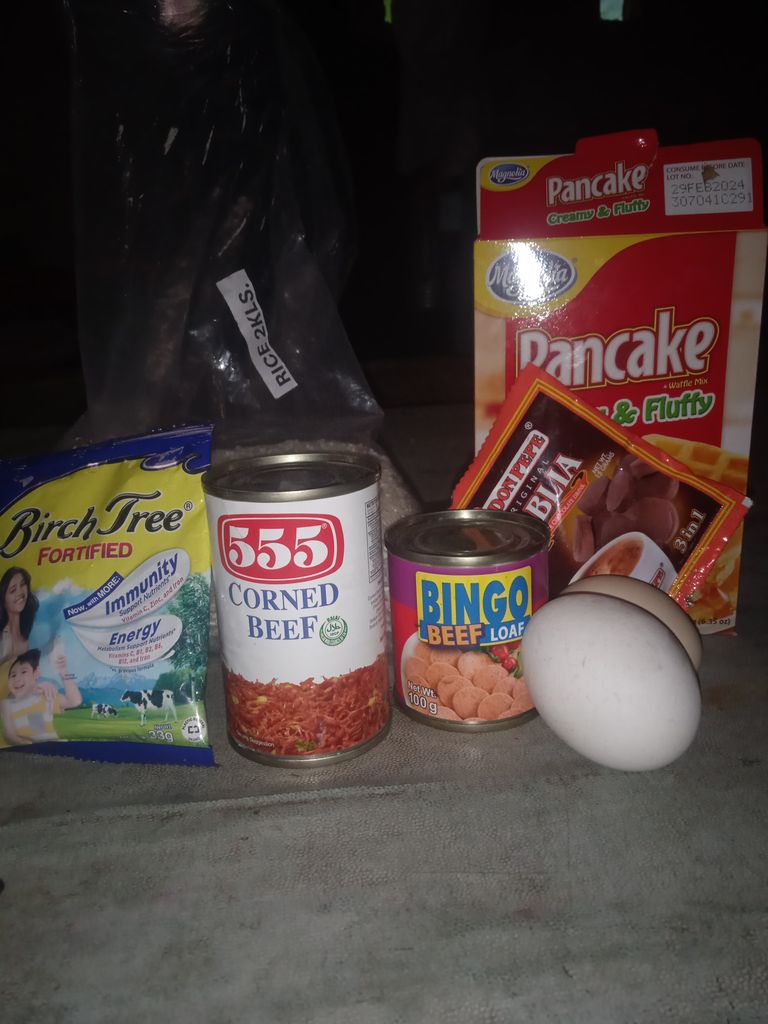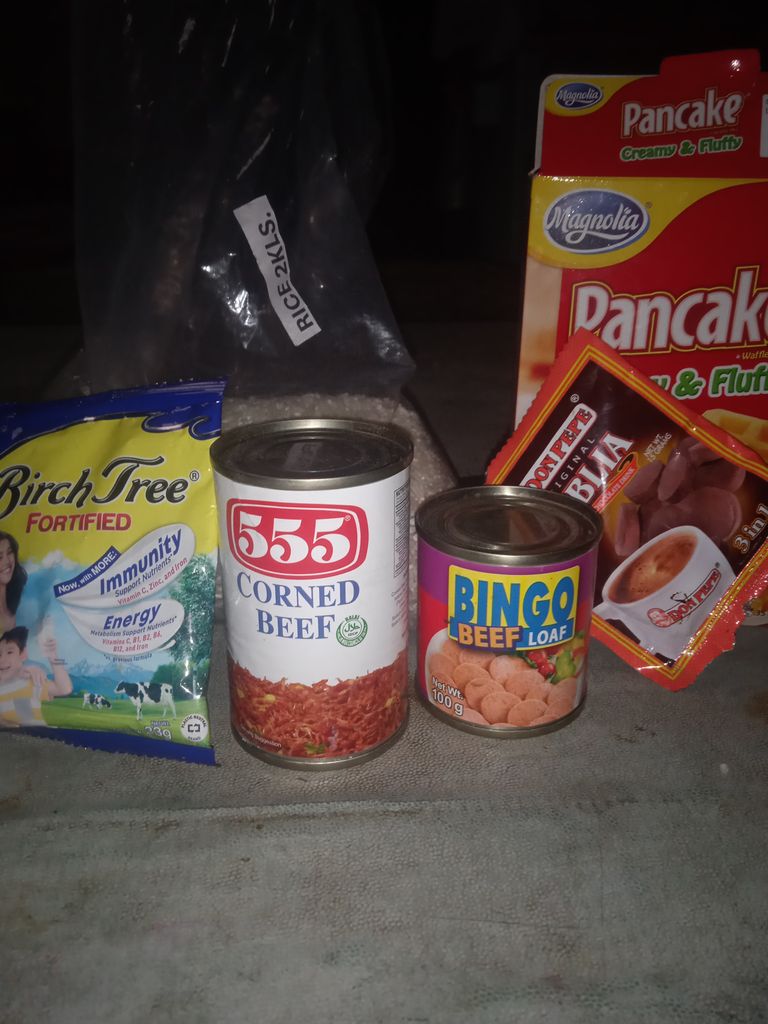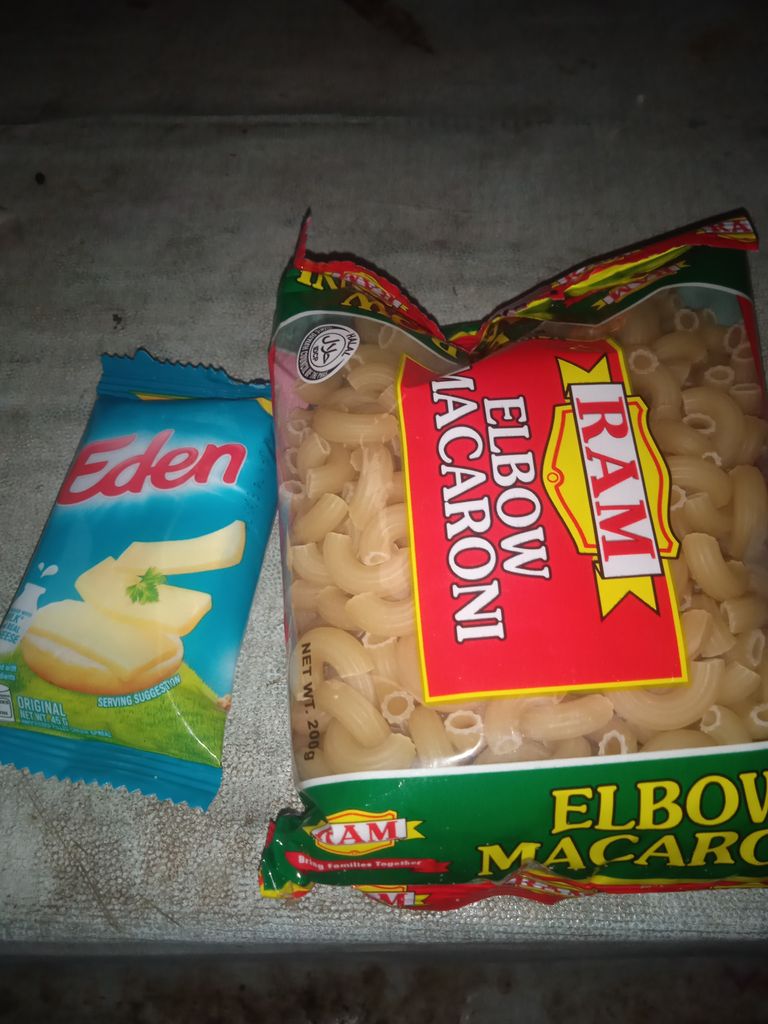When we went with my son to the school of Supervised Neighborhood Play. We paid 50 pesos for the enrollment and registration of my baby to the said SNP. The teacher given us this we called as feeding for my child.

They'd gave us a rice 2 kls, a box of pancake, tablia, birch tree, corned beef, beefloaf, 2 eggs, eden cheese, and elbow macaroni.
I am very much thankful for the teacher who'd given this. It is so much appreciated.
Teachers place a high priority on feeding(food) in the loving setting of Supervised Neighborhood Play, not only to sustain growing minds and bodies but also to promote social and developmental skills.

Children who take part in a feeding programme in a Supervised Neighbourhood Play often receive wholesome meals or snacks. These initiatives are made to make sure neighbourhood kids get the nourishment they need while playing and learning under adult supervision. A feeding programme may have different features, but the following are some essential elements:
Healthy Meals: The programme should offer children nutritious meals or snacks that are balanced and suit their needs in terms of nutrition. Fruits, vegetables, grains, lean proteins, and dairy products are frequently included in this.
Regular Schedule: Depending on the length and timing of the programme, meals or snacks are often offered on a regular schedule, such as breakfast, lunch, and/or an afternoon snack.

Dietary Considerations: In order to ensure the safety and wellbeing of the participating children, consideration should be given to any dietary restrictions or allergies.
Hydration is important, thus children should have access to water or other acceptable drinks throughout the programme.
Supervision: To ensure that children are eating and drinking responsibly, adults or trained staff members should supervise the meal delivery process.
Education: To teach kids about proper eating habits, some feeding programmes also include nutrition education.
Partnerships: In order to obtain finance, food supplies, or other resources, these programmes may work in conjunction with regional businesses, educational institutions, or governmental organisations.
When developing a feeding programme, it's crucial to adhere to local laws and regulations and to put the health and nutrition of the children participating first.
The teachers also stress the value of making nutrient-dense decisions, making sure that every meal is a lovely combination of education and nourishing food. Children who are fed holistically develop not only physically but also acquire important life skills that go well beyond mealtime.
Thank you for your support. May God Bless us all ❤️🙏.